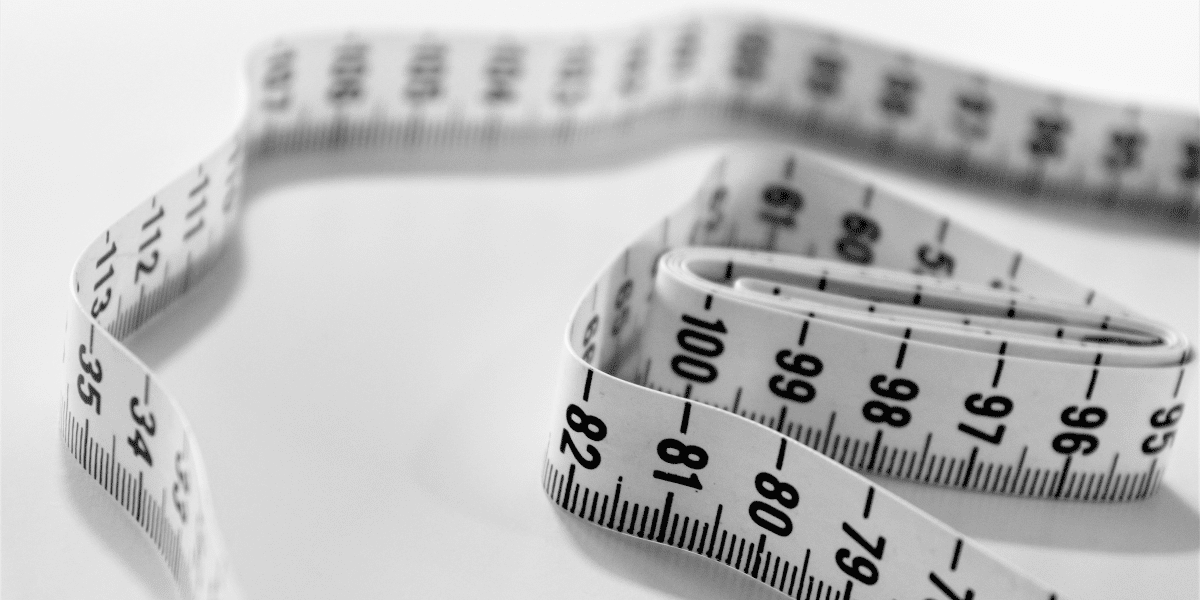You’ve decided to lose weight – be proud of yourself. It isn’t just a step towards a new you. More than anything else, it reflects how you want a healthier body and lifestyle for the years to come. However, the journey isn’t a walk in the park. There’ll be roadblocks along the way, like cravings, social influences, lack of motivation, and weight loss plateaus. It therefore takes a lot of planning and preparation, especially since it’s a lengthy commitment.
As of 2022, 33% of the US population is obese, and that number is continuously increasing as days pass due to many factors. But all hope isn’t lost; one of the ways it can be solved is by building a weight loss plan. It’s important to note, however, that there are many programs out there, mainly because people have varying body health and concerns. So, someone else’s strategy may not work on you, and vice versa.
With that, here are the things you need to consider when building a weight loss plan:
1. Set realistic goals
Managing your expectations early on is key to starting your weight loss plan right. This process entails commitment, effort, and time for the long haul. See to it that you’re willing and able to undergo changes when it comes to the food you eat and the activities you do.
Avoid those ‘lose weight quick’ schemes because they aren’t sustainable. Proceed slowly but surely by looking for programs geared towards shaving off pounds weekly.
Surgery can also be a viable weight loss method. Depending on their condition and expert opinion, people who find it hard to shed excess weight can opt for this route. Obese people, for instance, can explore gastric sleeve surgery to aid them in their long term weight loss journey.
Some questions you should ask yourself in setting realistic goals are how you want your health to improve, how fit you want to be in a specific timeframe, and what activities you’re committing yourself to do, among others.
2. Create a suitable diet
Having a balanced diet is important when it comes to weight loss. But the more essential consideration is how the diet suits your needs and preferences. Are you fond of eating vegetables? Then a vegetarian diet is worth the try. Can your body tolerate not eating for an extended period? Then intermittent fasting will do wonders.
As a rule of thumb, you should incorporate a variety of food into your diet. Here are some of them:
Egg. Eggs are filled with fat and protein, which help one’s satiety. Not only that, but a medium-sized egg only has 63 calories, all the while being dense with vitamins and minerals.
Fish. Fish are filled with essential nutrients, protein, and fats. At the same time, they have iodine, which is essential for thyroid regulation and metabolism.
Leafy greens. Green leafy vegetables like spinach, kale, and collard greens are filled with fiber and nutrients, keeping you healthy and hydrated. They also contain plant compounds called thylakoids, which have been linked with better appetite and increased satiety.
Refrain from having extremely restrictive diets because it’ll only cause deficiencies and dissatisfaction. You want to have a dietary program you can enjoy and stick to no matter what.
3. Plan your exercises
Nobody can deny that physical activity goes hand in hand with your diet. Well, it should. By being physically active, maintaining your weight becomes much easier. That’s because it’ll help keep you from regaining the pounds you’re shedding.
The following are some questions you need to ask yourself as you plan your exercise routine:
What types of exercises will you do?
What days of the week will you exercise?
What’s the best time to exercise?
Regular physical activity is non-negotiable when it comes to weight loss. But make sure to do activities you can easily fit in with your lifestyle and routine. It’s also ideal to write down the exercises you intend to do for particular days to hold yourself accountable for your health goal.
4. Track your progress
Track the changes happening throughout the process if you want to keep yourself in the know of how you’re doing and performing. Full awareness of where you are at any point in your weight loss journey allows you to recalibrate your ‘calorie spending’ and ‘invest’ in exercising.
You can track your weight in mobile apps or simply write it down – it gives you an overview of which program works and which doesn’t. Taking note of what you eat and drink is crucial, too. It lets you adjust your food consumption accordingly. Sometimes, you compulsively drink coffee with teaspoons of sugar, put dressing in your bread, or get candy on your officemate’s desk. You want to avoid these things as much as possible.
5. Seek accountability and support
An accountability and support system is a key factor in this whole weight loss journey of yours. It’s what will motivate you despite the going getting tough. See, when you’re struggling, your family, friends, and healthcare professionals can lift your spirits up and encourage you not to give up. Joining a weight loss group online can also help in having a supportive community no matter your location or schedule. With 45% of the global population today trying to lose weight, finding allies who’ve gone and are going through the same thing as you shouldn’t be impossible.
Conclusion
As you strive to lose weight, you’ll be making two wonderful discoveries – who you are and how your body is made. You’ll realize you’re the one in control of the body you’re in. So, make the plan most suitable for your lifestyle. Just stick to it. Keep going no matter how hard it might get. It’ll all be worth it in the end! Consider the ideas mentioned here as you prepare, and you’re pretty much equipped to come out the other side at your healthiest weight.
Published by: Khy Talara


















